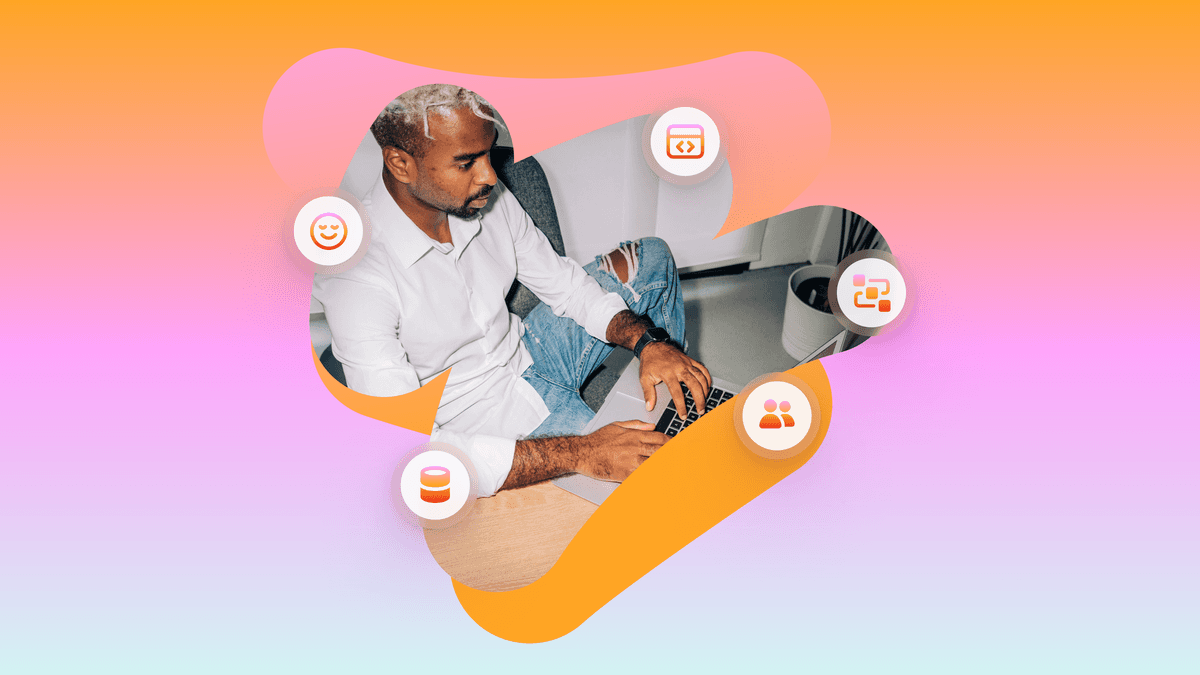3 Smart Tactics That Help Retail Brands Succeed on Mobile
Published on May 03, 2017/Last edited on May 03, 2017/4 min read


Team Braze
Over the past few years, a clear picture of consumer behavior has emerged: today’s shoppers are increasingly mobile shoppers. Given this emerging reality, long-term success in retail and commerce will require more than just enticing brick and mortar or traditional ecommerce experiences.To get there, brands will need to deliver cross-channel campaigns tailored to each mobile shopper’s unique customer journey.
Getting this right is key. That’s how Delivery Hero got 85% more conversions, how 1-800-FLOWERS.COM boosted its abandoned cart conversion rate by 350% above the industry average, and how Urban Outfitters increased revenue per customer by 145%. These industry leaders are leading the charge to provider shoppers with a more personal, more responsive retail experience on mobile. Are you ready to join them?
The impact of mobile
The enormity of digital retail—$300 billion a year—cannot be understated. And while the retail industry at large and desktop ecommerce are experiencing nominal growth (1% and 8%, respectively, in 2015), mobile is having its moment with a 56% increase in sales, according to industry reports. Here’s a quick snapshot of how central mobile is becoming to modern retail:
- 60% of online shoppers are using their phones or tablets
- 82% of buyers use mobile to inform decisions about purchasing, whether they buy online or in store
The tactics you need to succeed
From disruptors like Jet to brick-and-mortar-turned-mobile mavens like Sephora, brands that are making gains in this new climate are doing so because they have perfected these key mobile plays:
1. Send impressive abandoned shopping cart notifications that work

An abandoned cart push notification from Jet
Upwards of 69% of digital transactions are ditched before they’re completed, leading to missed opportunities and significant lost revenue. Want to recover these would-be sales? By taking advantage of cross-channel messaging, send-time optimization, and other tools and tactics used by retailers like 1-800-FLOWERS.COM, ThredUp, Gilt, Peapod, Jet, and Chubbies, you can help recoup some of the $4 trillion in sales lost annually due to abandoned shopping carts.
2. Make mobile shopping a social experience

Sure, shopping on mobile may not involve a group hang spent window shopping at a mall or the companionship you get when best friends cram together to try out potential outfits in a fitting room, but that doesn’t mean it has to be a solitary activity. The savviest retailers have found a way to remove online shoppers from silos and connect them with their friends. How? By taking advantage of activity messaging. This tactic keeps your brand front of mind and encourages additional purchases by, for instance, notifying customers when their friends rate a purchase, when friends have a special offer to share, or when a friend has claimed a special offer someone has shared with them, earning both buyers even more rewards.
3. Offer a mobile-centric loyalty program

Sephora’s mobile loyalty program
Is your loyalty program due for an upgrade? Take a cue from brick and mortar giants Starbucks and Kohl’s. Both chains have evolved their offerings for their most loyal shoppers to make the transition back and forth between mobile and physical—from browsing, to ordering, to earning and redeeming rewards—a seamless experience. This increases the chances that a given shopper will actually take advantage of a loyalty program and continue using it both in person and on their devices, boosting the impact of this important tool for maintaining strong customer relationships
Winning the customer journey
Want to know what impacts shopper behavior to buy or not and to buy again or not? Getting the answers for your offline shoppers can be difficult—or even downright impossible in some cases. But with the right tools in place, it’s possible to gain a solid understanding of what’s driving shopper behavior on mobile. What’s more, you should be able to utilize these insights to craft and deploy campaigns that speak to your customers as individuals, strengthening their relationship with your brand and bolstering your long-term results.
If you’re ready to build an effective lifecycle marketing program with mobile in mind, get started with our retail industry lifecycle marketing hub.
Be Absolutely Engaging.™
Sign up for regular updates from Braze.





